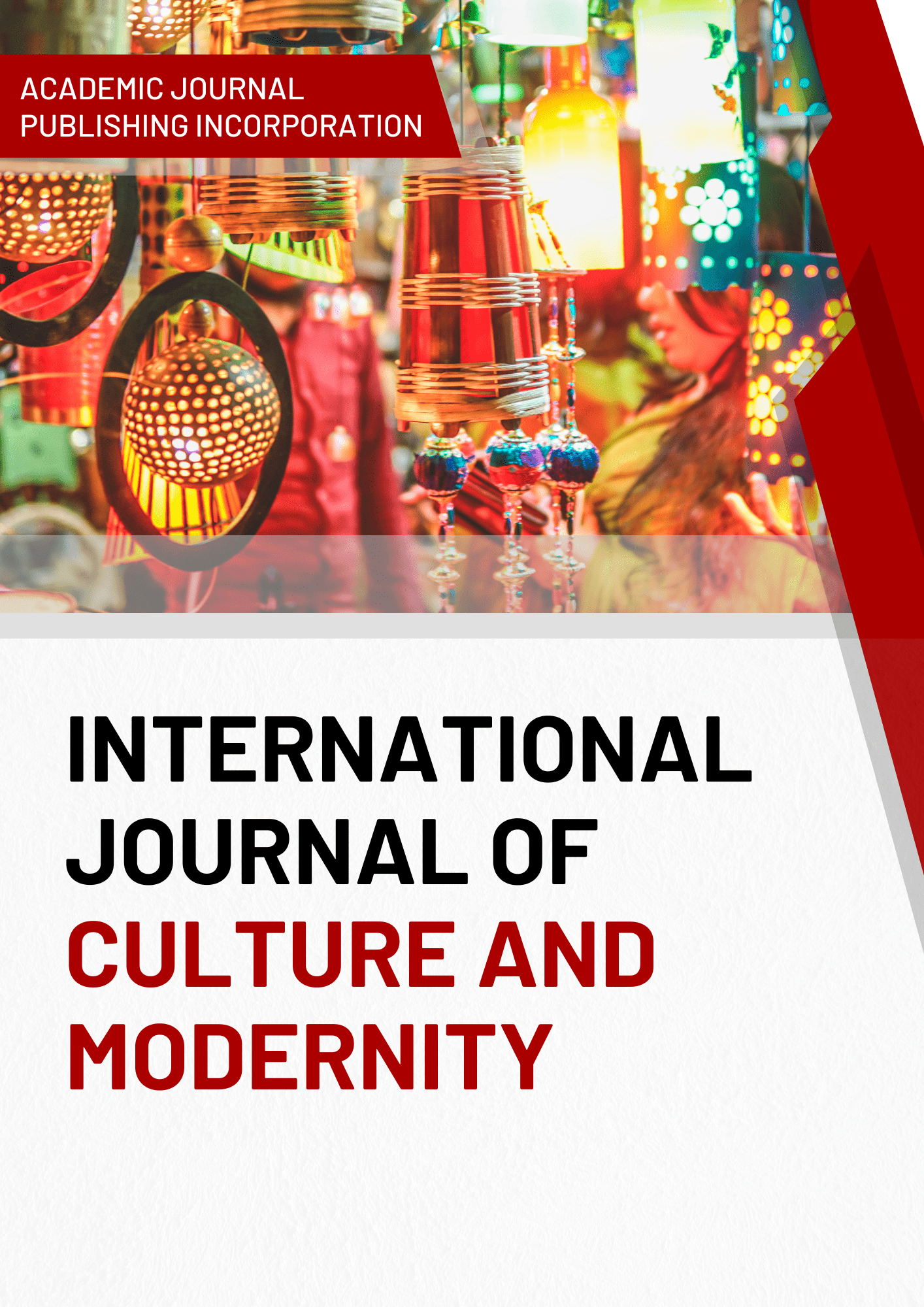Syntactic Ways of Expressing Themes and Rhymes
DOI:
https://doi.org/10.51699/ijcm.v17i.317Keywords:
subject, predicate, actual division, relation, utterance, minimum, neutral, act of communication, syntactic category, semantic center, fixation, contradiction, preposition, phrasal stress, phrasal stressinverted, conditionalityAbstract
This article talks about the syntactic expressions of the theme of Rhema, in comparison of the German and Karakalpak languages, common and universal, and specific of these languages.
References
Admoni V.G., Syntax of the modern German language., 1973 p. 297.
Baskakov N. A., A simple sentence in the Karakalpak language in the book. Studies on the comparative grammar of the Turkic languages., G. M. 1961 p.
Dmitriev N. K., Details of a simple predisposition., in the book. Studies on the comparative grammar of the Turkic languages., G. M. 1961 page.23
Ibragimova F.A., On the question of the actual and syntactic division of sentences in English and Tatar languages. "Scientific notes" MGPI 1970 No. 364 pp. 66-75
Kononov A.N. Grammar of the modern Uzbek literary language., M. 1960 page, 369
Krushelnitskaya K.G., On the question of the semantic content of the sentence. VYA 1956 No. 5
Matesius V., On the so-called actual presentation of the proposal. In the book. Paris Linguistic Circle.M.1967.239
Nusharov M.M. Frame construction in German and closure in Uzbek. Samarkand 1974., pp. 35-36







